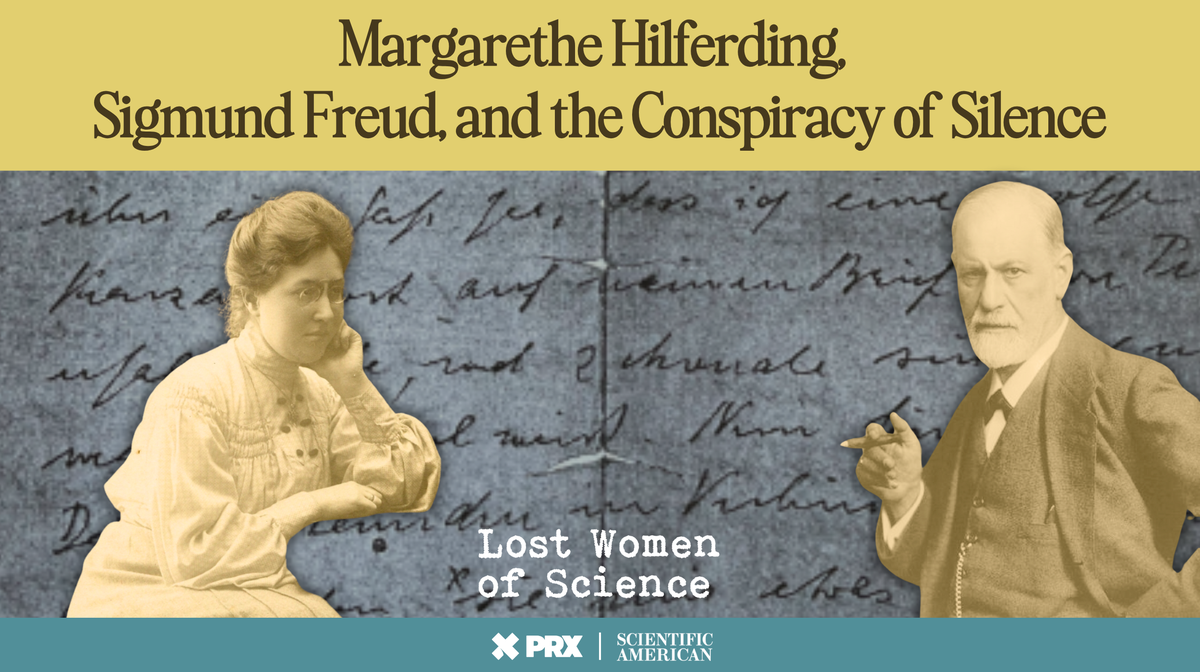Remembering Margarethe Hilferding, the First Woman Admitted to Freud’s Vienna Psychoanalytic Society

The Legacy of Margarethe Hilferding: A Pioneer in Psychoanalysis
Early Life and Education
Margarethe Hilferding was born in 1871 in Vienna, Austria. She was one of the first women to study medicine at the University of Vienna, graduating in 1903 with the highest honors. As a medical student, she was an active member of the Socialist Students League, where she met her future husband, Rudolf Hilferding, a fellow medical student.
Career as a Physician and Activist
After graduating medical school, Margarethe Hilferding worked as a physician in Vienna. She dedicated herself to serving the poor and working class, becoming known for her compassionate care and tireless advocacy for women's health. She was a vocal supporter of birth control and reproductive rights, advocating for these issues at a time when they were controversial.
Introduction to Psychoanalysis
Margarethe Hilferding was introduced to psychoanalysis through her husband, Rudolf, who had developed an interest in the field. In 1910, she joined the Vienna Psychoanalytic Society, becoming the first woman member. Her admittance was a significant milestone, marking a departure from the male-dominated environment of psychoanalysis.
"On the Basis of Mother Love"
Margarethe Hilferding's most notable contribution to psychoanalysis was her presentation "On the Basis of Mother Love" in 1911. In her paper, she argued that maternal instinct is not innate but rather develops after birth through the mother's interaction with her child.
This idea was revolutionary at the time, as it challenged the prevailing belief that mothers were instinctively loving and devoted to their children. Hilferding's paper was met with mixed reactions. Some members of the Psychoanalytic Society embraced her ideas, while others rejected them as radical and incompatible with Freud's theories.
Legacy and Impact
Margarethe Hilferding's career was tragically cut short by the Holocaust. She was killed in the Treblinka concentration camp in 1942. Despite her untimely demise, her work and ideas have had a lasting impact on psychoanalysis and feminist thought.
Her research on maternal affection challenged traditional gender roles and paved the way for further exploration of the complexities of mother-child relationships. Her activism and advocacy for women's rights continue to resonate today.
Honoring Her Legacy
In recent years, there has been a renewed interest in Margarethe Hilferding's life and work. Scholars and feminists alike have recognized her groundbreaking contributions and celebrated her as a pioneer in psychoanalysis. Her story is a powerful reminder of the resilience, determination, and courage of women who have made significant contributions to science despite facing adversity.